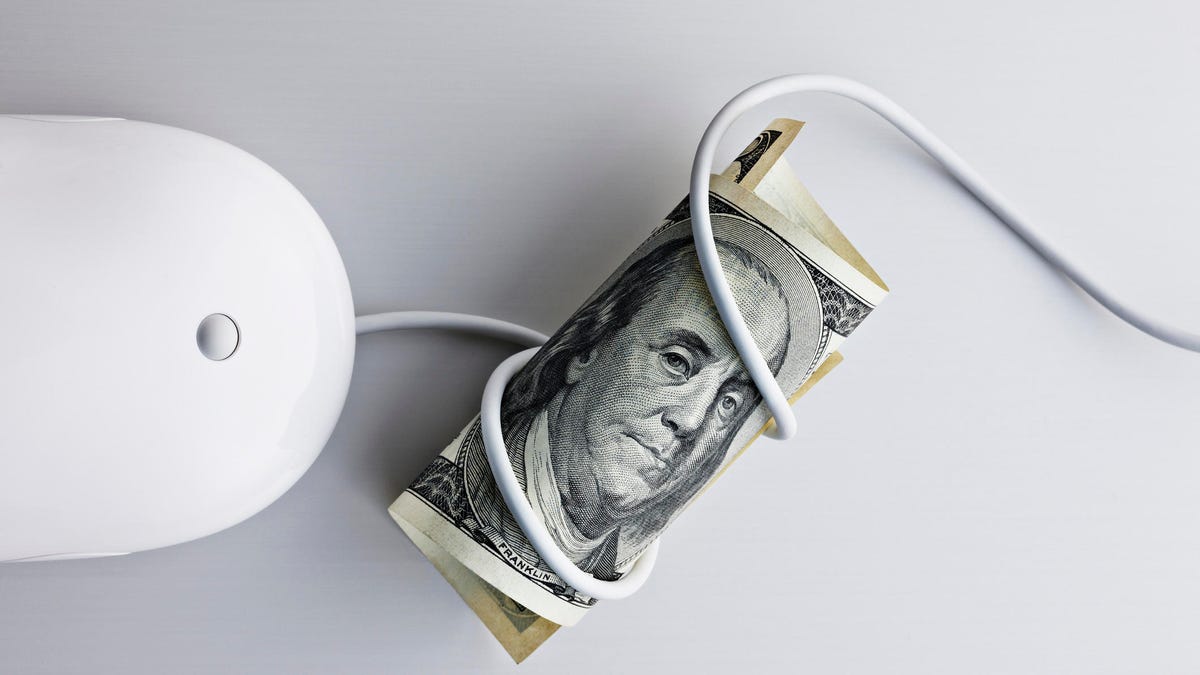Expensive broadband is pricing millions out of accessing the internet
In countries with just one major broadband provider, internet access is often too pricey for people to justify, a new report shows.

Internet service is still unaffordable for many around the world.
A lack of competition among broadband providers in some countries means millions of people around the world can't afford internet access, according to a report published Tuesday.
The internet affordability report, published annually by Tim Berners-Lee's Web Foundation and the Alliance for Affordable Internet, offers a snapshot of the barriers to people being able to afford to get online. In 2019, the report identifies a lack of competition in the market as one of the factors keeping costs too high in some countries.
When choosing a broadband provider, you probably invest at least a little time trying to secure the best internet service for the cheapest price. Competition among providers for your hard-earned cash is often what causes them to keep their prices affordable. If they're too expensive compared to rivals there's a risk you might go elsewhere, often leading them to try to undercut each other.
But in countries where there's one primary broadband provider with no real competitors, there's no incentive to keep prices low. In countries with just one operator, data costs on average $3.42 more per gigabyte than in countries where there's healthy competition in the market, the report found. With no rivals, 1GB of data can cost up to $7.33 more than if there was just one other broadband provider to choose from.
One of the Web Foundation's primary objectives is to ensure affordable access to the internet for all, and the report makes a compelling argument that a minimum of two providers in a market are required to achieve this. About 900 million people around the world live in countries without a choice of broadband providers, meaning they're at risk of being priced out of internet access.
Digital exclusion can negatively affect people's education, job prospects and ability to run their businesses or access health care.
"The billions of people still unconnected are missing these opportunities and so are societies where digital exclusion remains the norm," said Sonia Jorge, executive director at the Alliance for Affordable Internet, in a statement.
For internet service to be considered affordable, people should be able to purchase 1GB of data for less than 2% of their monthly salary. In low- and middle-income countries around the world, the average cost of 1GB currently stands at 4.7% of people's salary, and across Africa it rises to 7.1%.
According to the Alliance for Affordable Internet, countries can tackle this by establishing competition in the market through policy initiatives and lowering the barrier to entry for new players. It also wants governments to invest in more free public Wi-Fi, especially in areas not served by the market.
"Competitive broadband markets provide the foundation needed to make universal access a reality," said Jorge. "Yet, governments must also play their role by pursuing public access policy and investments that build healthy, competitive markets that drive down the cost to connect."

